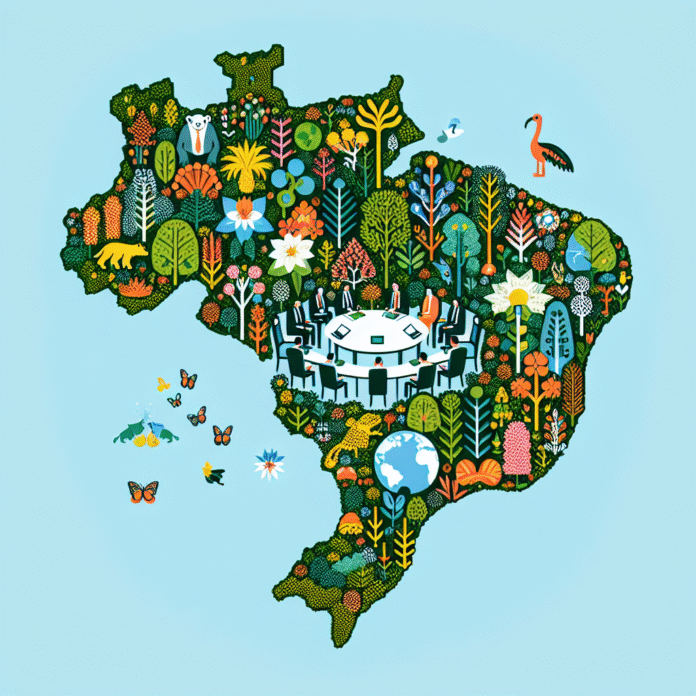Brazil Relaxes Environmental Regulations Before Important UN Climate Summit
Brazil Relaxes Environmental Regulations in Preparation for Crucial UN Climate Summit
Brazil is taking significant steps to ease environmental regulations as it prepares for an important United Nations climate summit. This move, aimed at boosting economic growth, has sparked considerable debate both domestically and internationally.
Context of Regulatory Changes
The Brazilian government, under President Luiz Inácio Lula da Silva, is prioritizing economic recovery post-pandemic. In doing so, officials believe that loosening certain environmental restrictions will attract investment and stimulate development in key sectors such as agriculture and mining. However, critics argue that these changes could lead to increased deforestation and exacerbate climate change, undermining Brazil’s commitments to environmental sustainability.
Impact on Deforestation and Biodiversity
Historically, Brazil has been home to the Amazon rainforest, a vital ecosystem that plays a crucial role in regulating the Earth’s climate. Recent reports indicate a worrying trend of rising deforestation rates, particularly in the Amazon, which may be exacerbated by relaxed regulations. Conservationists warn that easing restrictions could threaten biodiversity and jeopardize the habitat of countless species, as well as indigenous communities that rely on these ecosystems for their livelihoods.
International Reactions
The decision to ease environmental rules has drawn criticism from environmental groups and international leaders. Many are concerned that Brazil’s actions could undermine global efforts to combat climate change, especially in light of the commitments made during previous climate summits. The UN climate summit, which is set to gather representatives from around the world, will be a critical platform for discussing these issues and assessing the consequences of Brazil’s regulatory changes.
The Role of Brazil in Global Climate Initiatives
Brazil has historically played a pivotal role in international climate negotiations. As one of the largest greenhouse gas emitters, its policies significantly impact global climate efforts. The country has made commitments to reduce emissions and promote sustainable practices, but the recent regulatory relaxations may hinder progress toward achieving these goals.
Looking Ahead: Balancing Economic Growth and Environmental Protection
As Brazil approaches the upcoming UN climate summit, it faces the challenge of balancing economic development with the imperative to protect the environment. Policymakers will need to find a way to foster growth while ensuring that the country remains committed to its environmental obligations. The outcome of this balancing act will not only shape Brazil’s future but also influence global climate action in the years to come.
In conclusion, Brazil’s decision to ease environmental regulations ahead of a key climate summit raises pressing questions about the future of its ecosystems and its role in the global fight against climate change. As world leaders convene to discuss strategies for sustainability, the implications of Brazil’s actions will be closely scrutinized.
